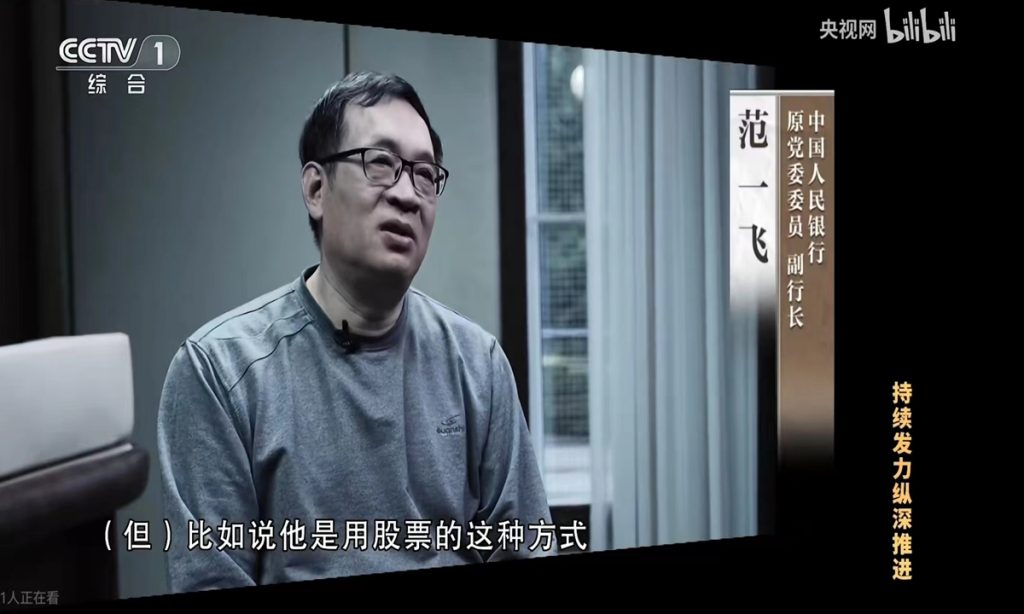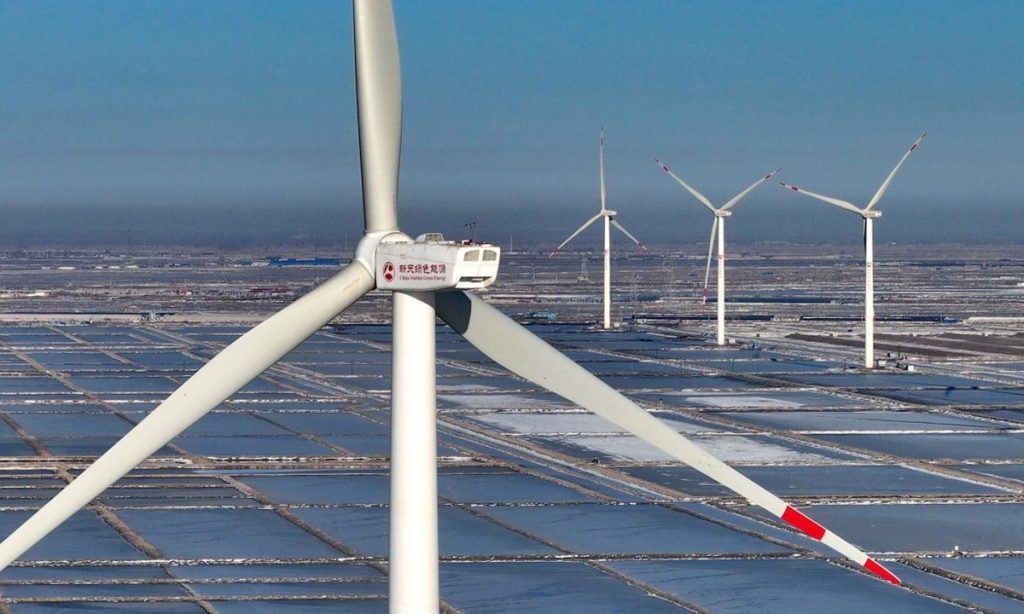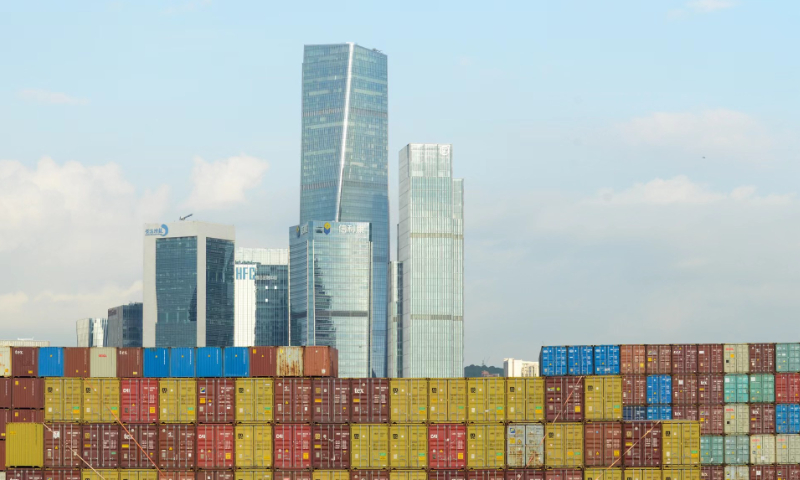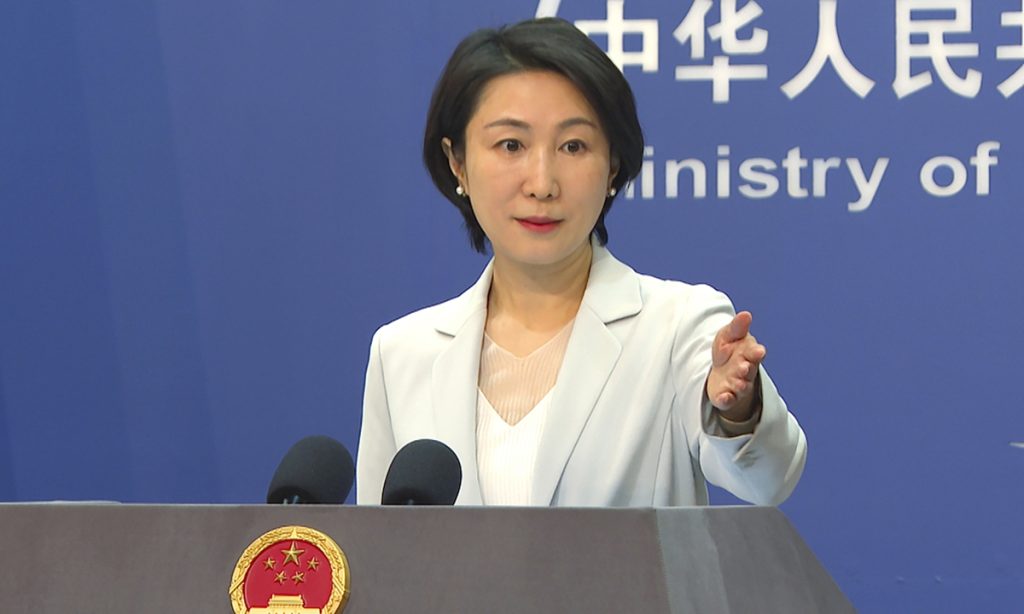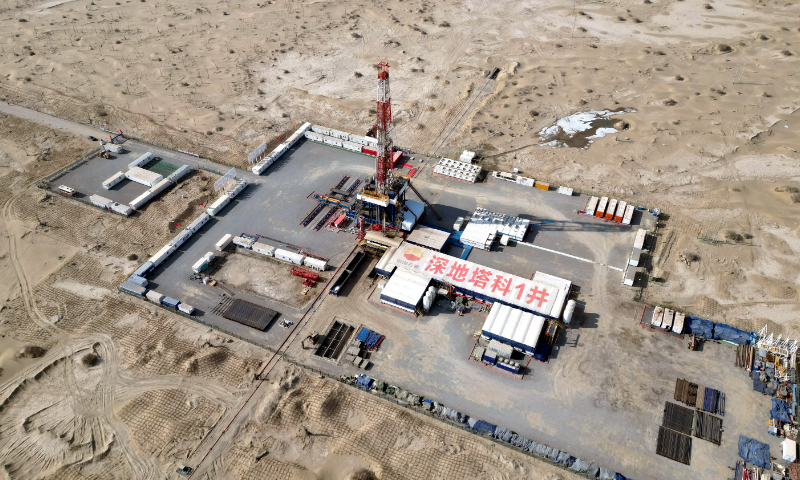World-class Xiaowan Hydropower Station project demonstrates commitment to Lancang-Mekong cooperation, benefits downstream nations equally

Standing on the observation deck, one is easily captivated by the majestic view of the Xiaowan Hydropower Station (Xiaowan). The massive dam, standing tall and proud, stretches across the roaring Lancang River, creating a mesmerizing sight. It is hard to imagine how the model of an advanced Chinese hydropower station, known as the world's landmark double-curvature arch concrete dam, uses its slender body to generate an impressively large output of clean and sustainable electricity and benefit riparian countries along the Mekong River.
As Lancang-Mekong River countries vowed to work together to promote regional prosperity at a recently concluded foreign ministers' meeting held in Beijing, Global Times reporters, together with envoys from many Mekong countries, visited Xiaowan, one of the leading hydropower stations along the Lancang River, to see how it brings practical benefits to downstream countries through flood control, water supply, power generation, and ecological protection.
Practical benefits witnessed
"It's so impressive!" This is the overall consensus of foreign diplomats who have visited Xiaowan. When the engineers of the Xiaowan Hydropower Station were introducing the specific technical parameters of the hydropower station, the Global Times witnessed foreign diplomats' keen interest and continuous praise, as they displayed a strong curiosity in understanding the "difficulties" associated with the Xiaowan project.
They were amazed that Xiaowan has solved many global challenges, and were amazed by the design and manufacturing of large-capacity, large-range, and high-parameter turbine generators in such a complex geological and topographical environment, and under such construction conditions, as well as the 30 years of round-the-clock hard work by the hydropower station personnel from start to completion.
Together with other hydropower stations, Xiaowan increases the discharge and emergency water supply downstream in a timely fashion, effectively alleviating the drought caused by El Nino in downstream Mekong countries, ensuring agricultural irrigation in downstream countries, and preventing seawater invasion in the Mekong Delta. This has fully demonstrated the significance of practical cooperation in Lancang-Mekong water resource management for the benefits of people in the Lancang-Mekong region.
"I am very grateful that I had the chance to see the great achievements of China in the hydropower industry and water management system. Those achievements are results of good policy guidance and tireless efforts of the Chinese people. I believe that all of us can follow the examples of China and on the other hand, China could also share its experiences with us, as suggested in the theme of the trip: shared river, shared future," said Win Myat Aung, Education Counsellor of Embassy of the Republic of the Union of Myanmar in China.
Currently, 11 hydropower stations, including Xiaowan, are operational on the Lancang River. From the map, these power stations are like fortresses of hope built upon the river, providing much needed help to downstream countries when they suffer from extreme flooding and droughts.
Member of the Political Bureau of the Communist Party of China Central Committee and Foreign Minister Wang Yi noted at the 8th Lancang-Mekong Cooperation (LMC) Foreign Ministers' Meeting held in Beijing on December 7 that by enjoying geographical proximity and cultural affinity and drinking water from the same river, the six LMC countries are as close as one family. With a good start, rapid growth, and extensive benefits, the LMC has been expanding in breadth and depth, injecting new vitality into sub-regional prosperity and development and delivering tangible benefits to sub-regional people.
Wang said that joint working groups in six priority areas, including water resources, are progressing in an orderly manner, and mechanisms such as the Lancang-Mekong Water Resources Cooperation Center and the Global Center for Mekong River Studies are operating at high efficiency, making progress daily, delivering results monthly, and reaching new heights annually.
At the meeting, all parties appreciated China's positive contribution to promoting the LMC, and all agreed to strengthen solidarity and cooperation, uphold mutual trust and mutual respect, build a stronger Lancang-Mekong Cooperation Economic Development Belt, and jointly build an even closer Lancang-Mekong community of shared future.
In 2016 and 2019, severe droughts occurred downstream, and China and the Mekong River countries actively cooperated to increase the discharge of reservoirs including at Xiaowan, and provide emergency supplementary water to downstream areas.
In 2016 alone, 12.65 billion cubic meters of water were supplemented to downstream areas, an increase of about 85 percent compared with the natural water inflow during the same period. This effectively alleviated the drought caused by the El Niño phenomenon in downstream countries such as Vietnam, Thailand, and Cambodia, ensuring agricultural irrigation in downstream coastal countries.
Upstream Xiaowan and Nuozhadu hydropower stations also made efforts to reduce peak inundation during the flood season. Additionally, navigation conditions in the lower reaches of the Lancang-Mekong River have significantly improved. In 2001, the Lancang-Mekong international waterway was officially opened for navigation, thanks to increased flow during the dry season, which helped achieve year-round navigation.
The joint visit held in Southwest China's Yunnan Province from December 11 to 15 gathered representatives from the Chinese Foreign Ministry and the Ministry of Water Resources, as well as diplomats and representatives from Cambodia, Laos, Myanmar, Thailand, and Vietnam, to better understand the results of the 8th LMC Foreign Ministers' Meeting, further consolidate consensus, and deepen cooperation on water resources in the Lancang-Mekong region.
Conquer world-class difficulties
Xiaowan is the world's first 300-meter-high double-curvature arch concrete dam, known as the "shoulder of the giants" among China's dam constructors.
Developed by the Huaneng Lancang River Hydropower Development Company, Xiaowan has a total storage capacity of 15 billion cubic meters. The power station is equipped with 6 units at a total installed capacity of 4200MW. It became fully operational in August 2010, with an average annual power generation of 19 billion kilowatt-hours.
Global Times reporters learned that the Xiaowan Hydropower Station is widely recognized as one of the most challenging hydropower projects in the world in terms of construction. The completion of the project has filled many technical gaps in China's hydropower industry and is a milestone in leading the development of global hydropower construction.
After the completion of Xiaowan, downstream cascade power stations are now able to increase their power generation during the dry season by approximately 1.1 million kilowatts-hours, which is equivalent to building a million-kilowatt hydropower station without spending a penny.
Pan Jiazheng, the late Academician of Chinese Academy of Sciences once said: "After the construction of the Xiaowan Hydropower Station, it is no more that the Chinese who will go abroad to learn about hydropower construction, but the foreigners who come to China to learn about hydropower construction." This is because challenges in the design and construction of Xiaowan, a 300-meter-high arched dam and the stability of its shoulder under complex geological conditions, have been successfully solved.
The successful construction of Xiaowan has put China at the forefront of the world's hydropower construction in terms of design, scientific research, construction, and management, according to the introductions of the engineers responsible for the construction of the hydropower station during the visit.
Closer community of shared future
Counsellor Sun Lushan from the Department of Boundary and Ocean Affairs, China's Ministry of Foreign Affairs, called the LMC water resources cooperation a "golden model" of Lancang-Mekong cooperation.
"LMC cooperation is characterized by a high starting point, rapid development, deepened cooperation, a wide range of profiting parties, and additional benefits. It is becoming a role model of national cooperation and a benchmark for South-South cooperation, which will go a long way in ensuring prosperity and development of the sub-region," Sun said at the International Symposium on the Multistakeholders' Involvement in LMC Water Resources Cooperation of LM Trip held on December 14.
"Countries in the Lancang-Mekong sub-region are not only China's friendly neighbors, but also strategic partners. We are ready to continue to work with our friends to promote more pragmatic cooperation in the sub-region through Chinese modernization so as to contribute to the development of the region and the world at large," Sun noted.
Looking ahead, China will continue to pursue good neighborhood diplomacy of amity, sincerity, mutual benefit and inclusiveness by further deepening water resources cooperation with all parties, sharing development opportunities, addressing common risks and challenges, and building a community in water resources for shared future, Sun added.
Zhou Zhiwei, secretary-general of Lancang-Mekong Water Resources Cooperation Center, revealed at the symposium that since the implementation of the Five-year Action Plan of Lancang-Mekong Water Resources Cooperation (2018-2022), the water resources authorities of the six member countries have been actively organizing and implementing more than 50 water-related livelihood projects. The Lancang-Mekong Sweet Spring Project has established a total of 62 rural water supply technology demonstration points, providing local residents with safer drinking water, and technical demonstrations for the member countries as well. It was included in the List of Practical Cooperation Deliverables of the 3rd Belt and Road Forum for International Cooperation held on October 18, 2023.
Another project, named "Dam Safety Evaluation Action Plan for Lancang-Mekong Countries," has conducted safety inspections and demonstrations on dams in Laos, Thailand, and Vietnam. Safe wings have been installed for the dam to better serve humanity.
China also supported the carrying out of hydrological monitoring projects and has built a central station and 25 automatic monitoring stations in Laos. "It will help us to better understand rivers and lakes, and better respond to flood and drought disasters," Zhou said.
Moreover, since November 2020, China has provided annual Lancang River hydrological data to the five Mekong countries and the Mekong River Commission. The Lancang-Mekong Water Resources Cooperation Information Sharing Platform website has been put into operation, and more than 50,000 pieces of information have been shared in a timely manner.
"I highly value an active contribution from member countries, especially China, in Mekong-Lancang development, particularly in 2021 when many projects were adopted by the leaders that supported the LMC special fund, and I do believe that in the coming years, the water related projects will increase productively," said Singhalath Boupha, the third secretary of the Embassy of the Lao People's Democratic Republic in Beijing.
"Thailand has seen the benefits of this cooperation," said Wanapol Sangiamsin, deputy consul-general at the Royal Thai Consulate General in Kunming. "As the incoming co-chair of the Lancang-Mekong Cooperation, Thailand looks forward to collaborating closely with other Lancang-Mekong colleagues toward the realization of a peaceful community of shared future, sustainable development, and prosperity."

